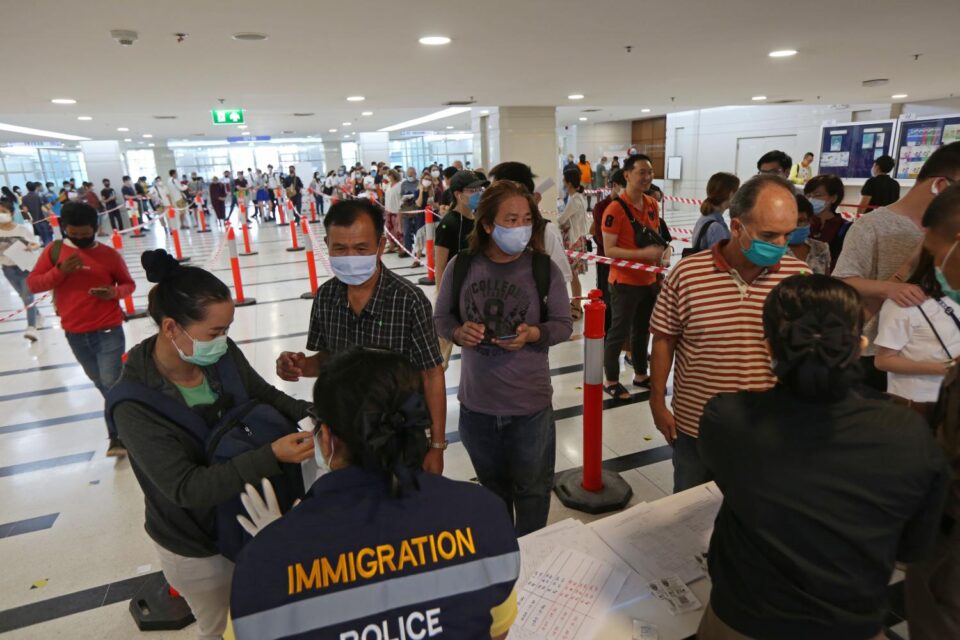While the Land of Smiles will be just as welcoming, from April it will also be charging every foreigner an entry fee of Bt300 if the government’s plan goes ahead. The government claims to have solid reasons for the move and expects tourism to start booming again once COVID-19 subsides.
The ins and outs of entry fees
Officials say the fee will be imposed on every foreigner landing on Thai soil, including expats and migrant workers. However, it will be waived for foreign workers who have to cross the border daily.
While Thailand has never charged an entry fee before, many other nations have. Bhutan, for instance, charges most foreigners US$65, while Japan, Malaysia, the US, and many European nations each impose the fee in different ways.
In Japan, it’s called the International Tourist Tax – also known as the “sayonara” tax as departing tourists are charged 1,000 yen.
In Europe and the US, the fee is referred to as transient occupancy tax or “taxe de séjour”, which is calculated based on the number of nights spent in the country.
Why is Thailand launching the fee now?
Tourism and Sports Minister Phiphat Ratchakitprakarn says Thailand’s entry-fee plan is based on a study by Naresuan University in 2019. The study was conducted to solve the problem of unpaid medical bills left behind by foreigners who suffered illness, injury, or death during their time in Thailand.
“We commissioned the university to conduct the study after the Budget Bureau said it would no longer provide funds to cover such [medical] expenses anymore,” Phiphat said.
Medical bills left unpaid by foreign tourists totaled Bt380 million in 2016, Bt346 million in 2017, and Bt305 million in 2018. The bills were eventually cleared using Thai taxpayers’ money.
The government insists that this huge burden will be lifted once the entry fee is launched.
What do tourists get?
The government says that in exchange for the Bt300 fee, foreigners will get medical insurance coverage of up to Bt500,000 and Bt1 million in case of death or serious injury.
How will the money be spent?
According to the breakdown provided by the government, 20 percent of the fee will be used for insurance premiums, up to 50 percent for a tourist attraction development fund, and the remainder for operating expenses, including 5 percent payment to airlines for collecting the fees.
“We will also need to hire a company to monitor tourists who need medical help during their visit to Thailand. This is why we had to allocate a significant percentage to operating expenses,” Phiphat said.
Will it scare away visitors?
Marisa Sukosol Nunbhakdi from the Thai Hotels Association, however, is concerned that the entry fee, though relatively small, may scare away foreigners – especially frequent travelers. She reckons the concept is good but said the timing may be bad.
“We need to revive tourism. Thailand should not risk losing out to other countries,” she said.
Thailand’s tourism revenue dropped by 95 percent during the pandemic, falling from Bt957 billion in the first 11 months of 2019 to just Bt50 billion in the same period of 2021.
When does it launch?
Phiphat said talks among relevant organizations were ongoing and if things go well, Thailand should be able to start charging the entry fee from April 1.
“But if preparations are not ready by April, we may postpone its launch,” he added.
He believes millions of foreigners will come to Thailand this year and reckons the country can earn up to Bt1.5 billion from the entry fees in the first six months of its launch.
By Thai PBS World’s Business Desk




